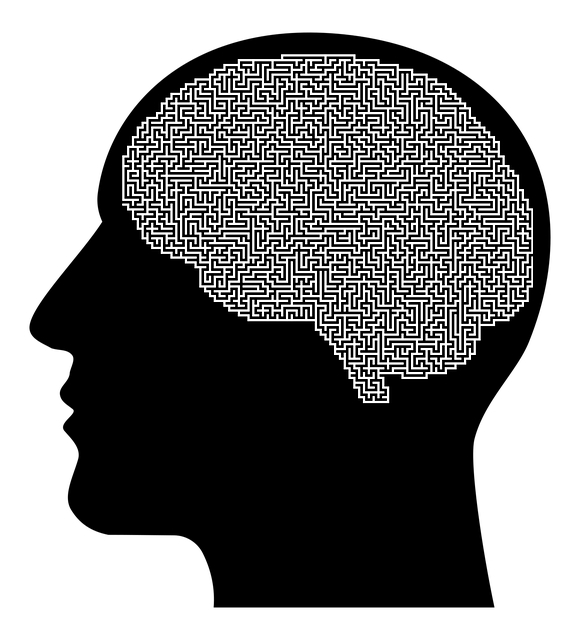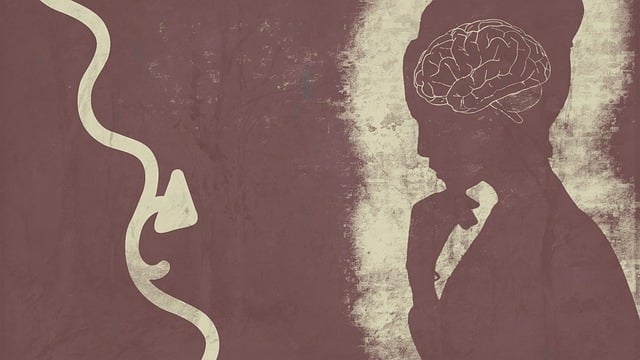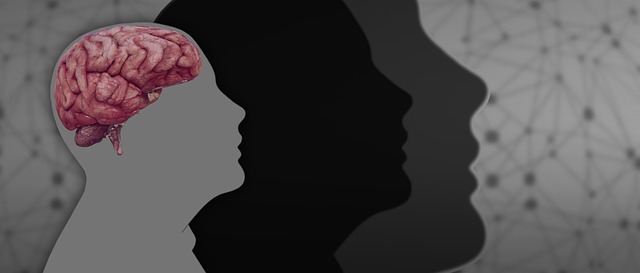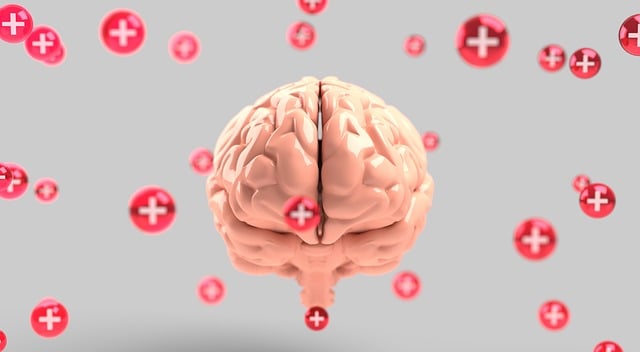Effective Littleton ADD-ADHD Therapy requires mental health practitioners to prioritize cultural sensitivity, addressing diverse factors like ethnicity, religion, and family dynamics that impact therapy responses. Overcoming challenges such as insufficient training, language barriers, and stereotypes through continuous education and self-reflection is crucial. Strategies include learning about clients' cultural backgrounds, integrating Social Skills Training, emotional intelligence, and customized mental health education programs to create an inclusive environment, ensuring holistic and culturally sensitive care for individuals with ADD-ADHD in Littleton.
Cultural sensitivity is an essential aspect of providing effective mental healthcare, especially in diverse communities. This article explores the significance of understanding cultural diversity in mental health and its impact on treatment outcomes. We delve into the challenges faced by practitioners, particularly in areas like Littleton, when working with individuals from various cultural backgrounds, including those with ADD/ADHD. By examining these issues, we offer practical strategies to enhance culturally sensitive therapy practices, ensuring better support for all clients.
- Understanding Cultural Diversity in Mental Healthcare
- Challenges and Barriers to Culturally Sensitive Practice
- Strategies for Incorporating Cultural Sensitivity in ADD-ADHD Therapy at Littleton
Understanding Cultural Diversity in Mental Healthcare

In the diverse communities around Littleton ADD-ADHD Therapy, mental healthcare practitioners must embrace cultural sensitivity to deliver effective treatment. Cultural diversity encompasses a wide range of factors, including ethnicity, religion, gender identity, and socioeconomic status, each influencing an individual’s experience with mental health and their response to therapy. Understanding these nuances is essential for building trust and ensuring the best possible care. For instance, certain communities may prioritize collective family involvement in decision-making, while others prefer individualistic approaches, impacting how treatment plans are tailored and implemented.
Navigating this complexity requires mental health professionals to go beyond basic cultural awareness and integrate culturally responsive practices. This involves learning about different cultural beliefs related to mental illness, adapting risk assessment methods for diverse populations, and developing strategies that consider the unique needs and challenges faced by individuals from various backgrounds. By doing so, practitioners can foster a sense of safety, build stronger therapeutic alliances, and ultimately enhance outcomes, such as Anxiety Relief, for all clients, including those in Littleton ADD-ADHD Therapy.
Challenges and Barriers to Culturally Sensitive Practice

In the realm of mental healthcare, promoting culturally sensitive practices is a game-changer for providing effective treatment to a diverse range of clients. However, navigating this path isn’t without its challenges and barriers. One significant hurdle is the lack of cultural competency training in many mental health curricula, which can result in practitioners being ill-equipped to handle the nuanced needs of clients from different backgrounds, including those seeking Littleton ADD-ADHD Therapy. This gap in preparation often leads to missteps, misunderstandings, and even harmful practices when treating individuals with diverse cultural identities.
Additionally, language barriers pose a substantial challenge, hindering open communication essential for building trust and understanding. Even when interpreters are involved, subtle nuances and idiomatic expressions can be lost in translation, affecting the therapeutic process. Moreover, societal stereotypes and biases can influence practitioners’ perceptions, impacting their interactions with clients from different cultures. Overcoming these barriers requires ongoing education, self-reflection, and a commitment to fostering resilience and self-esteem improvement among all involved, aligned with Mind Over Matter Principles.
Strategies for Incorporating Cultural Sensitivity in ADD-ADHD Therapy at Littleton

Incorporating cultural sensitivity into ADD-ADHD therapy at Littleton is a multifaceted approach that enriches patient care and outcomes. Therapists can start by proactively learning about their clients’ cultural backgrounds, including customs, beliefs, and communication styles. This knowledge allows for more tailored interventions, ensuring that strategies are not only effective but also culturally relevant. For instance, when working with diverse populations in Littleton ADD-ADHD Therapy, incorporating Social Skills Training can help individuals navigate interpersonal interactions while respecting cultural norms.
Moreover, integrating Emotional Intelligence into therapy sessions enables therapists to recognize and address the emotional impact of cultural identities on a patient’s experience with ADHD symptoms. Mental Health Education Programs Design tailored for different cultures can also empower patients and their families by providing insights into the condition from diverse perspectives, fostering self-acceptance and effective coping mechanisms. These strategies collectively contribute to creating an inclusive therapy environment in Littleton, where cultural sensitivity is not just a practice but a cornerstone of holistic ADD-ADHD care.
Cultural sensitivity is a vital aspect of providing effective mental healthcare, especially in diverse communities. By understanding and addressing cultural differences, such as those explored in this article regarding Littleton ADD-ADHD Therapy, practitioners can create inclusive environments that foster trust and improve patient outcomes. Overcoming barriers through awareness, education, and tailored strategies ensures that everyone receives the support they need, regardless of their cultural background. This approach not only benefits individual patients but also strengthens the overall mental health care system by promoting equality and accessibility.














